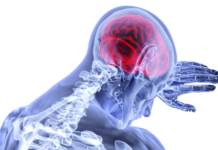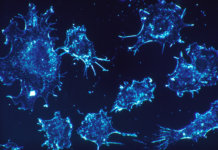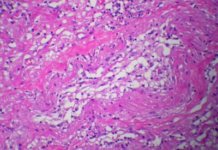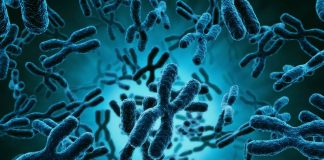Innovative Gene Therapy for Duchenne Muscular Dystrophy
Duchenne muscular dystrophy (DMD) is a hereditary muscle wasting condition. Researchers from Genethon, the AFM-Telethon laboratory, Inserm (the French National Institute of Medical Research in Nantes) and the University of London have developped an innovative gene therapy and managed to restore muscle strength and to stabilize the clinical symptoms of DMD. They demonstrated the efficacy of gene therapy in the treatment of DMD.
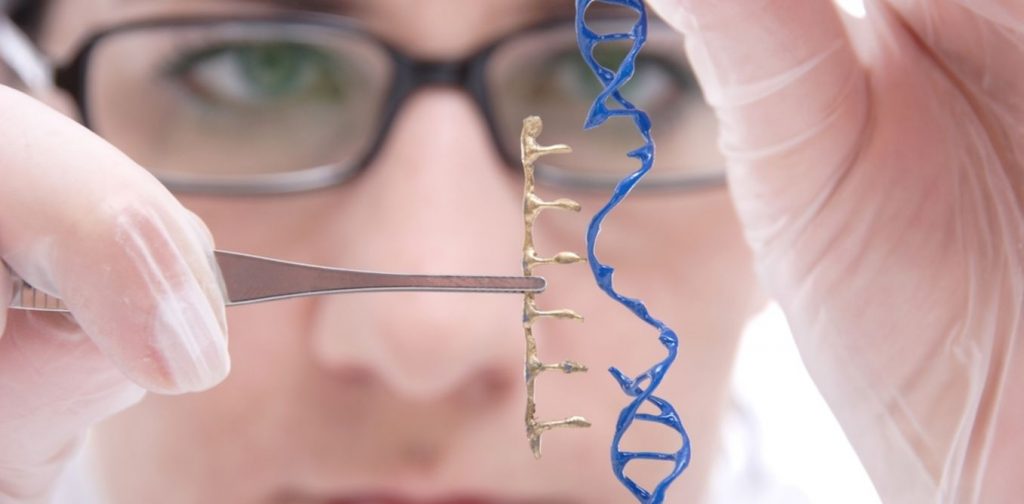
Gene therapy is the therapeutic delivery of nucleic acid polymers into a patient’s cells as a drug to treat a disease. During this study, the researchers injected microdystrophin, a shortened version of the dystrophin gene, via a drug vector. They were able to restore muscle function in dogs naturally affected by Duchenne muscular dystrophy. This disease is the most common neuromuscular disorder in children. In people affected by the disease, the dystrophin, a protein that is essential for proper muscle function, is damaged. The dysfunction is caused by mutations on the DMD gene. Developing gene therapy for this disease was said to be very difficult because this gene is one of the largest in our genome. This makes it almost impossible to insert the entire DNA for dystrophin into a viral vector. Then how did the research teamssolve this problem?
They transformed the natural dystrophin gene into a shortened version. This new version of the gene has approximately 4,000bp instead of 11,000 coding bp. This shortened gene seems to allow the production of a functional protein. The innovative treatment was then tested on 12 dogs naturally affected by DMD, which showed the same clinical symptoms as children with this disease. The innovative treatment was injected intravenously and a return of the dystrophin expression to a high level was observed. After 2 years of injection of the drug, muscle function was significantly restored.

“No immunosuppressive treatment was administered beforehand, and no side-effects were observed”
— Said Caroline Le Guiner, main author of the study.
This promising result concerns the preclinical study and makes it possible to consider developing a clinical trial in patients. Now, the CEO of Genethon, Frederic Revah, explains that their bioproduction experts have been tasked to produce a sufficient quantity of these new drug vectors for the clinical trial.
Katidja Allaoui

Author
Auteure
Katidja studied biology and health engineering at the school of engineering of Angers.
More about the Long Long Life team
Katidja a étudié l’ingénierie de la biologie et de la santé à l’école d’ingénieurs de l’université d’Angers.
En savoir plus sur l’équipe de Long Long Life
Source :
Le Guiner, C., Servais, L., Montus, M., Larcher, T., Fraysse, B., Moullec, S., … & Koo, T. (2017). Long-term microdystrophin gene therapy is effective in a canine model of Duchenne muscular dystrophy. Nature communications, 8, 16105.


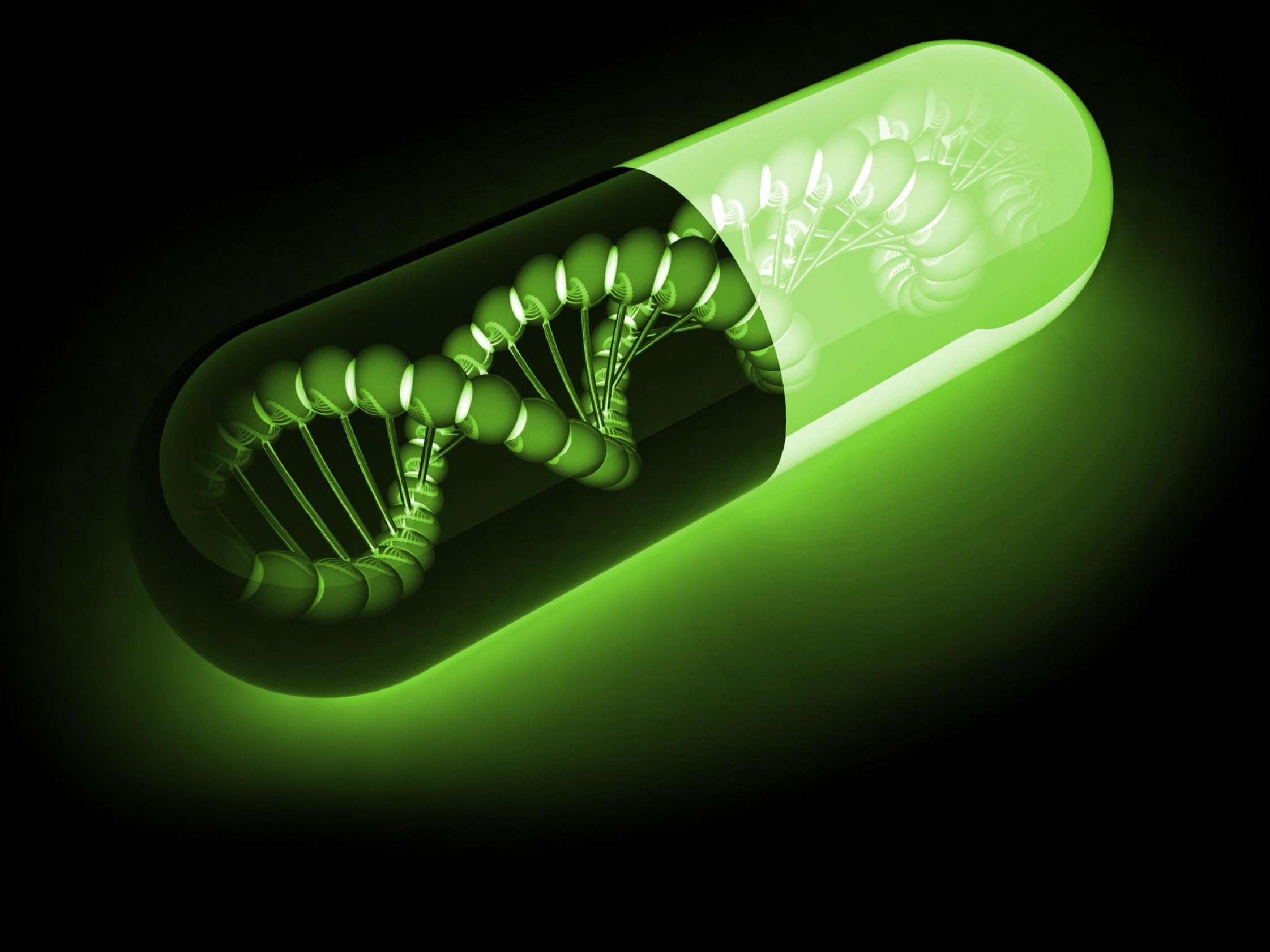
![[Video] Eurosymposium on Healthy Ageing, Brussels, 2018 Eurosymposium on Healthy Aging](http://www.longlonglife.org/wp-content/uploads/2019/07/P1310252-218x150.jpg)




